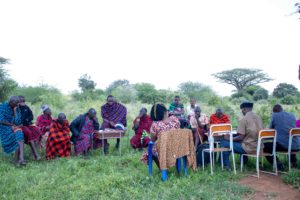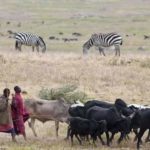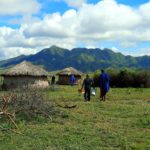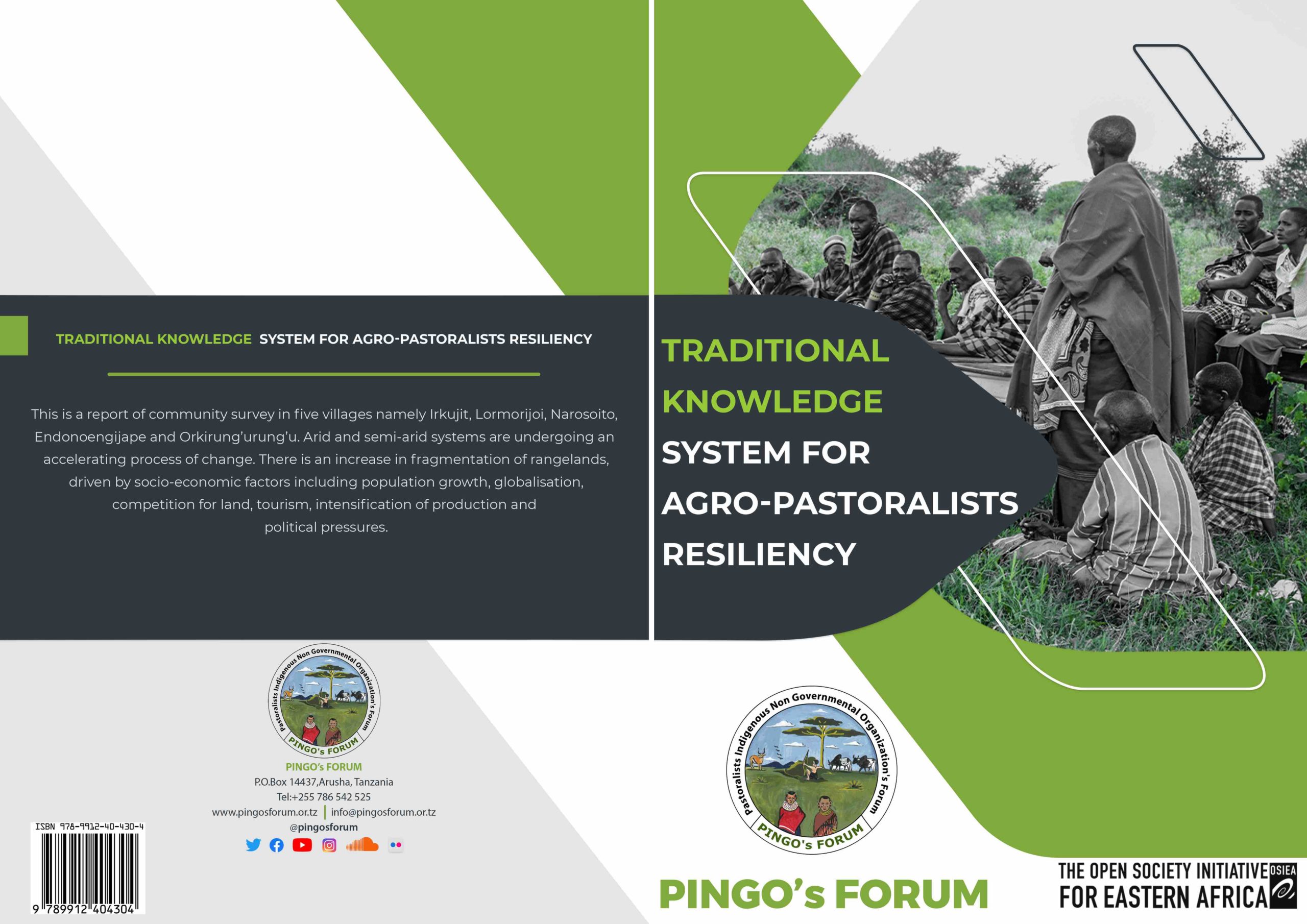The following is a report informing about Traditional Knowledge Systems for Agro-Pastoralists Resiliece, from a project titled “Support to collective learning on home grown approaches that enhance and protect livelihood of both farmers and Pastoralists in East Africa” – funded by The Open Society Initiative Eastern Africa. The project aims of finding avenues that support resilience of Pastoralists livelihood through documentation of best adaptations and mitigation strategies used by pastoralists in the region in times of stress.
The importance of this project relates to the key challenges facing pastoralists and small farmers in their livelihood. While agro-pastoralists and farming systems contributes significantly to national and regional ECONOMIC and NUTRITION, the RESILIENCE of these systems have been increasingly undermined due to several factors;
• Climate change variability and change
• Increase in population and settlements
• Increase of environmentally destructive activities
• Emerging conflicts and violence
• Persistent loss of land
Arid and semi-arid systems are undergoing an accelerating process of change. There is an increase in fragmentation of rangelands, driven by socio-economic factors including population growth, globalisation, competition for land, tourism, intensification of production and political pressures. This survey explored pastoralists and small farmers (or rather agro-pastoralists) resilience strategies to natural disasters. Key informant interviews and focused group discussions were conducted with communities in five villages namely Irkujit, Lormorijoi, Narosoito, Endonyongijape and Orkirung’urung’u Villages in Simanjiro District in Tanzania to establish the understanding, attitude and practice of resiliency in the local context.

Key Findings
Quantitative research was gathered through questionnaires (n=40) to individual respondents selected randomly in 5 villages. Qualitative research took the form of a participatory focused group discussion. The stratified random sample of the agro-pastoralists (n=40) was selected to quantify responses in hazards/disasters in a participatory fashion. The finding show that the villages are monocultures with livestock keeping amounting to 60% and small farming (settlement inclusive) 40% with experience of surviving hazards/disasters ranging from drought to livestock diseases and floods that are cyclic in nature.
Nearly all (98%) of the respondents (39people) assert that the disasters intensity range from medium to high, seriously impacting on children, followed by women and then the elderly. Livestock deaths begin with cattle followed by shoats and donkeys come last in that order. Over 60% of respondents’ livelihood rely on pastoralism for their food and source of income. Same respondents also supplement on agriculture as a source of food for about 40%. Open livestock markets, small businesses and artisanal work are also income generation activities. The most difficult time of the year for respondents is January to April. During this time, people have difficulty meeting their household needs. Common disasters in the areas count in recurring droughts, livestock diseases and occasionally floods. The surveyed villages employ their traditional knowledge systems in the prevention, mitigation and management of the disasters for resiliency.






what are the key findings or documented best adaptations and mitigation strategies used by pastoralists in the region to enhance and protect their livelihoods in times of stress? Regards Telkom University